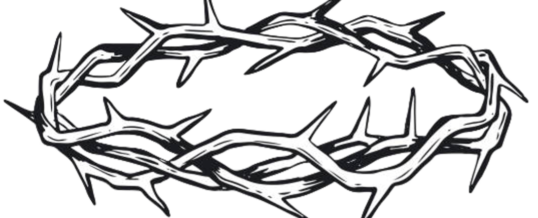
Today is the last Sunday of the Liturgical Year. ‘Today’ is also the last day of the history of the world. On this last day, we celebrate the mystery of Christ, the King of the Universe, ‘who will come to judge the living and the dead.’
Trevor Droesbeck’s All Saints Day reflection on the ‘Love of Thousands’ gave us a glimpse into the immense complexity of God’s Creation. The very recent discovery of the Genome gives further understanding to Paul’s vision of the unity of all creation in Christ. Malala taught us what she learned from Mohammed, that it is good to learn all we can about the universe, because through the science that studies creation, we can appreciate the greatness of the Creator.
Christ is the image of the invisible God, the first-born of all creation, the head of the Church, His body, and king of God’s kingdom. The title ‘King’ was not a title Jesus had during his lifetime. Even back on the day when David became King of Israel and Judah, it was through covenant, not birth, that David became King. Paul’s statement that “Christ is the first-born from the dead” refers to the crucifixion. Today’s gospel from Luke reads, “There was also an inscription over him, ‘This is the King of the Jews'”. Jesus was tried for treason before Pontius Pilate who condemned Him to death and His crime was posted on the cross. The gospel of John (19:19-22) comments that there was a dispute about the charge, but Pilate insisted, “Scripsi, scripsi”, (What I have written I have written), Jesus of Nazareth, King of the Jews. Historical accuracy reflects a deeper reality of faith.
On the day when the King of the Universe comes to judge the living and the dead, on what will he base his judgement? We know from the prayer that Jesus taught us. When ‘we forgive those who trespass against us’ the kingdom of God appears ‘on earth as it is in heaven.’
Agnes Beirne
NOV
2022

About the Author: